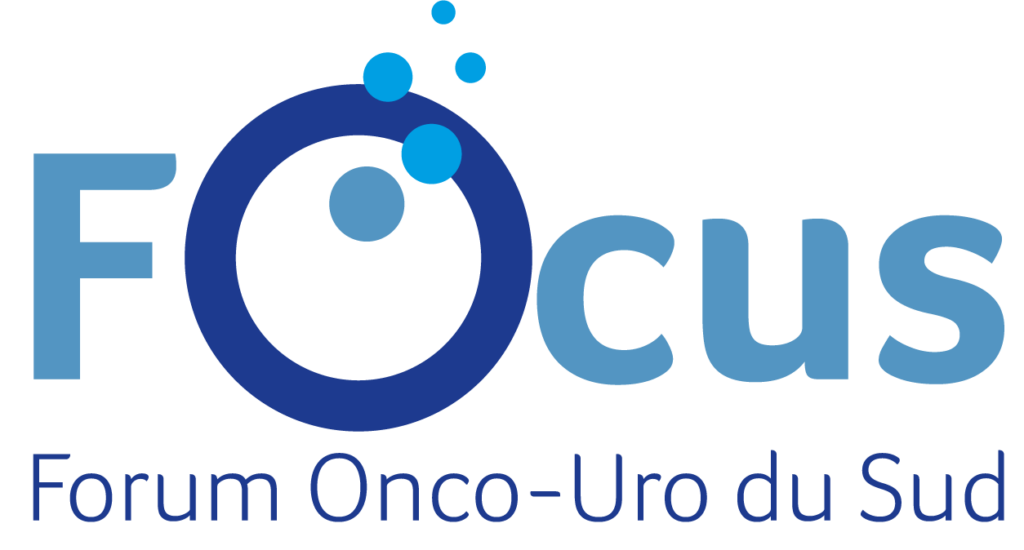Cookies
Definition
A cookie is a small alphanumeric text file placed on your hard drive by the server of the site you are visiting or by a third-party server (advertising agency, web analytics service, etc.).
A cookie allows recognizing a visitor when they return to a website. However, technically, the cookie recognizes a machine rather than a user. A cookie can only be used by a server from the domain that placed it. Thanks to cookies, it is possible to access personalized pages automatically without logging in. Behavioral data is linked to the cookie number and stored on the servers that placed the cookies. A cookie can only enable personal identification if the user has already registered on the site (within the limits mentioned earlier).
When visiting our site, information related to your terminal’s browsing (computer, tablet, smartphone, etc.) on our site may be recorded in “Cookies” files installed on your terminal. Additionally, we may purchase advertising spaces directly or through our providers (communication agencies, advertising agencies, social networks) to promote our activities and offers on third-party sites, using advertising content (texts, graphics, animations, videos, etc.) displayed by these sites. Please note that only the issuer of a cookie can read or modify the information contained in it.
When you connect to our site, we may install various cookies on your terminal to recognize your terminal’s browser during the validity period of the concerned cookie.
These cookies allow us to establish statistics and volumes of traffic and use of the various elements composing our site (sections and content visited, paths), enabling us to improve the interest and ergonomics of our services.
Analytics cookies (Google Analytics)We use software to analyze certain information about visitors, such as the traffic to the website www.focus-meeting.fr, browser usage, the number of new visitors, marketing activities, and orders placed. This information helps us make improvements to our site. The data stored by this cookie can only be viewed by the relevant teams of the ASSOCIATION DES UROLOGUES-RADIOTHERAPEUTES-ONCOLOGUES DU SUD-OUEST SPECIALISES EN ONCOLOGIE URO-GENITALE and does not record any confidential information.
Cookies used by third partiesCookies may also be placed by partner companies (third-party cookies).
Cookies may be recorded on your terminal via our site by social networks when you use social buttons (“LinkedIn,” “X,” “Facebook,” “YouTube,” etc.).
Managing cookiesYou have different ways to manage cookies.
Configuring your web browserYou can choose to disable these cookies at any time. Your browser can also be set to notify you of cookies that are placed on your computer and ask you to accept them or not. You can accept or refuse cookies on a case-by-case basis or refuse them systematically once and for all.
Please note that configuring your browser may change your access conditions to our services requiring the use of cookies.
If your browser is configured to refuse all cookies, you will not be able to register or use essential functions of our site. To manage cookies as closely as possible to your expectations, we invite you to configure your browser taking into account the purpose of cookies as mentioned above.
Here is how to control or prevent cookies from being recorded:
The configuration of each browser is different. It is described in your browser’s help menu, which will allow you to know how to modify your wishes regarding cookies.
You can disable cookies by following the instructions below:
If you use Internet Explorerhttps://support.microsoft.com/en-us/help/17442/windows-internet-explorer-delete-manage-cookies
- Click on the Tools button, then on “Internet Options”,
- Under the General tab, under “Browsing history,” click on “Settings”,
- Click on the “View files” button,
- Click on the column header “Name” to sort all files alphabetically, then scroll through the list until you see files beginning with the prefix “Cookie” (all cookies have this prefix and usually contain the name of the website that created the cookie),
- Select the cookie(s) containing the site name and delete them,
- Close the window that contains the list of files, then double-click on “OK” to return to Internet Explorer.
- Go to the “Tools” tab of the browser and select the “Options” menu,
- In the window that appears, choose “Privacy” and click on “Show cookies”,
- Locate the files that contain the site name,
- Select them and delete them.
https://support.apple.com/en-us/guide/safari/sfri11471/mac
- In your browser, choose the “Edit > Preferences” menu,
- Click on “Security”,
- Click on “Show cookies”,
- Select the cookies that contain the site name and click on “Remove” or “Remove All”,
- After deleting the cookies, click on “Done”.
https://support.google.com/chrome/answer/95647?co=GENIE.Platform%3DDesktop&hl=en
- Click on the Tools menu icon,
- Select “Options”,
- Click on the “Advanced options” tab and go to the “Privacy” section,
- Click on the “Show cookies” button,
- Locate the files that contain the site name, select them and delete them,
- Click on “Close” to return to your browser.
You can manage your cookies by visiting cookie management platforms offered by advertising professionals.
More information about cookiesOn the CNIL website: http://www.cnil.fr/vos-droits/vos-traces/les-cookies/
